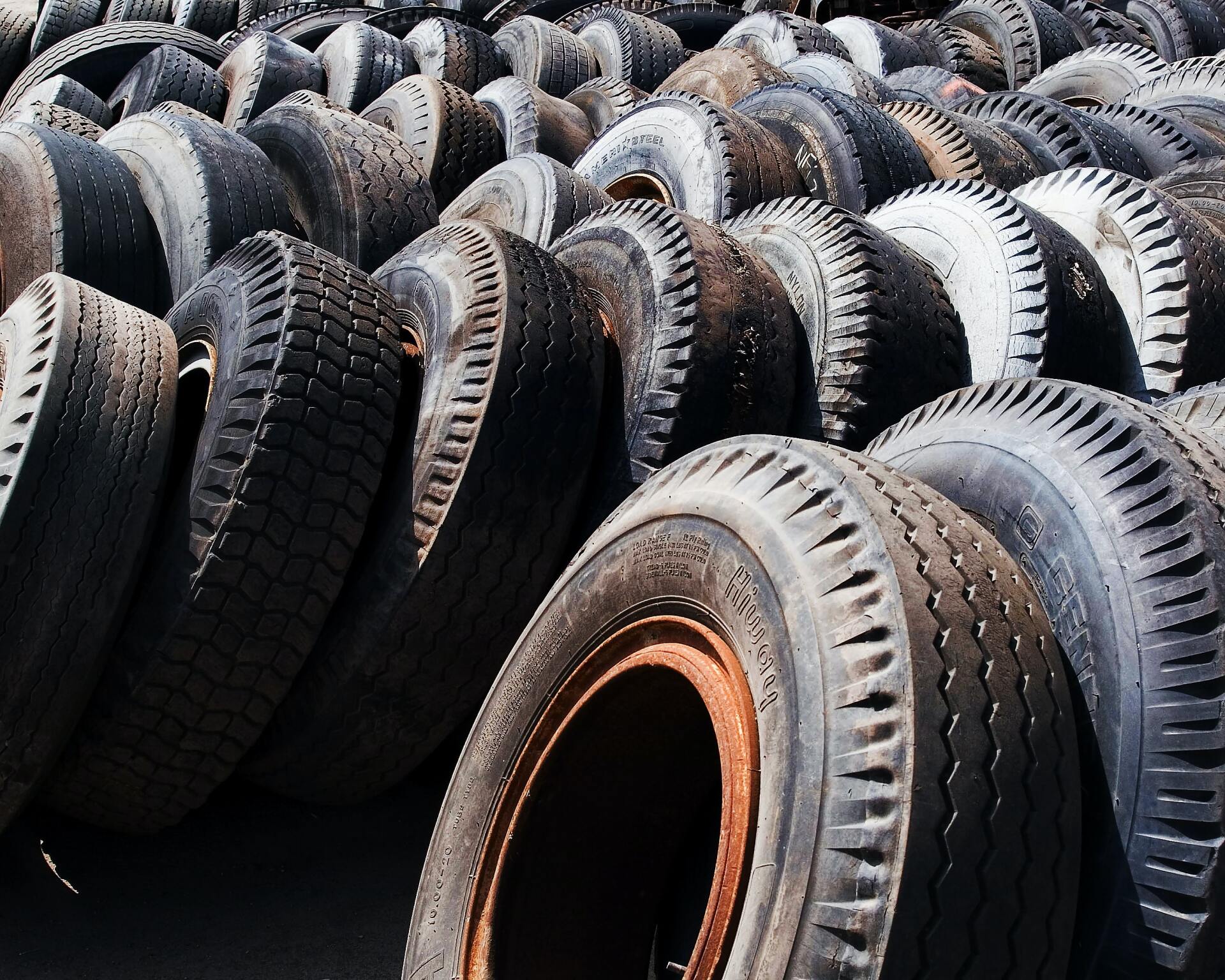Used car sales- 244 Mary St Hamilton, ON L8L 4W1 Canada
Collision Repairs -4B-789 Woodward Ave Hamilton, L8H6P5 Canada
Blog
ONS Auto Blog

By Malcom Gellizeau
•
16 Feb, 2021
It might be time to change your all-season tires for something a little more updated (and if you’re still driving on winter tires, it’s definitely time to embrace the warm weather for their sake!) The right tire during the right season can make all the difference in your vehicle. It could be the difference between reaching the cottage on schedule, or finding yourself on the side of the 404 with the kids, dogs and luggage all staring out the windows while you wait for either the storm to pass or a tow truck to appear. Tires can help control the speed and handling of your car as well as how well the road is gripped (especially in bad weather). To have the best control over your own vehicle, having the right tires is imperative. Yes, your luggage will stare, too. This guide will cover everything from price to style so that you have all the information you need to make the right choice for your car, your family and your peace of mind. What is a summer tire? Also known as performance tires, summer tires are made from a softer rubber and larger tread blocks, which gives them more contact with the road and a better grip. Once it gets cold the soft rubber will harden and make gripping more difficult, which is why summer tires are optimal for warm weather. How much do summer tires cost? Like with any part of any car, the cost of a summer tire will depend based on the type of vehicle you own, the size of the tire and the brand that you choose. A luxury sports car is probably going to have to spend more on summer tires than a minivan. Compared to winter and all-season tires, summer tires tend to be more expensive because of their specialized features. Quality is reflected in the price, and summer tires can range anywhere from C$122-C$966. Of course, buying used or discounted will lower the price as well, and this is by no means a comprehensive spectrum. What do summer tires protect from? Once the temperature goes consistently above 45 degrees Fahrenheit, the snow and ice goes away and both heat and rain begin to make numerous appearances. Summer tires are built to grip the road in the dry heat, but they were also built to withstand the intense spring and summer rains that punctuate the warmer weather. Since summer tires have a wider surface area, it becomes easier to drive on wet roads and keep the vehicle grounded. Their tread pattern (the grooves that run both horizontally and vertically in tires) channel water away from the tires to help keep them grounded. Winter tires do not have that feature, and all-season tires sacrifice some of that ability for the sake of being able to drive in snow and ice. So make sure you choose tires without a worn-out tread! Are they safer than other tires? For any temperatures over 45 degrees Fahrenheit, yes! Because of their tread pattern and softer rubber, summer tires are made to stop quickly and turn more precisely than other tires, and also are built for wet roads as mentioned above. They are made for speed and maneuverability, which is one of the reasons they are called performance tires! Conversely, winter tires are built for the snow and ice that comes with such a season. When winter comes, you may want to consider using winter tires. Their tread pattern is built to pack in the snow (which gains traction if driving on more snow) and expel slush from the tires. Their rubber is also created to cling to cold pavement and stay flexible in the cold, as opposed to summer tires which can only grip to warm and become firm in cooler temperatures. All-season tires try to take a little bit of both worlds. Unlike winter tires, they can be driven in the heat without risk of wearing out quickly or messing with the material. And unlike summer tires, they can drive in light snow and keep some traction in winter. However, they are not designed for extreme weather conditions, whether hydroplaning (driving through deep enough water that your car lifts off the road, which can happen during heavy rainfalls) or thick snow and ice. They are middle-of-the-road tires that are good if you aren’t planning on experiencing any bad weather. How long do summer tires last? Of course, the quality of a tire differs no matter what type, and a great all-season tire might be better than a mediocre summer when the quality is higher. But in general, because of the special gripping compound that summer tires are made of, they won’t last as long as all-season tires. The tread wears down more quickly than other types, giving around 20,000-40,000 miles per tire. However, there is no replacing the speed and handling that a summer tire gives. If you’re looking for a tire that performs well under pressure, summer tires will grip and turn with more precision and strength at higher speeds. The greater the heat, whether from temperature or speed, the more they stick! So when you choose to buy summer tires, it’s important to find one that is a higher quality brand with a tread that won’t wear out as quickly as some others might. Size and Style of Summer Tires Some cars will need very specific tires, but some highly rated options will work with a variety of vehicles! Be sure to check your owner’s manual for specifications about what size tire your vehicle will need. Then, feel free to shop around for styles! If you are planning on doing a lot of travelling then you may want to look into touring and grand touring summer tires. They are a good all-around fit for the more casual drivers, family lifestyles, etc. If you own a sports car and want something that will aid your adrenaline rush, high-performance summer tires will be your best bet. They have a higher price point and are also on the lower end of the tread life spectrum (20,000-30,000 miles), but that grip and precision control is worth it for speed and stamina. If you have a Sport SUV or a truck, then Street/Sport summer tires may be your best bet. They are similar to high-performance tires but are made to fit larger vehicles. Like high-performance tires, their responsiveness and grip are wonderful but don’t last very long. There are many options to choose from, but ask your local mechanic to help you! Hopefully, this guide has helped learn about summer tires and consider which will be the best for your car and lifestyle. Check out all the options so that when you hit the road this summer, you can drive with confidence and complete control of your vehicle.
Used car sales- 244 Mary St. Hamilton, ON Canada L8L 4W1
Collision Repairs- 4B-789 Woodward Ave Hamilton, L8H6P5 Canada
© 2024
ONS Auto





